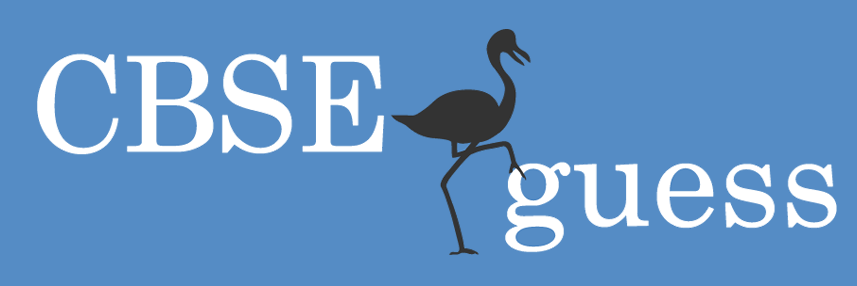Soft Skills 2025: Why Emotional Intelligence & Communication Are Your Career Powerhouse
In every Indian household, parents often remind their children, “Padhai mein achha karo, naukri mil jaayegi.” For decades, the focus has been on academic marks, degrees, and technical knowledge. But as we enter 2025, a quiet shift is happening in the workplace. Employers are increasingly saying, “Yes, you have the qualifications – but can you work with people? Can you handle stress? Can you communicate clearly?”
This is where soft skills, especially emotional intelligence (EI) and communication, are becoming the real career powerhouse.

Why Technical Skills Alone Are Not Enough
Think of the IT sector in India. Thousands of engineers graduate every year with coding skills. But not all of them land high-paying jobs or rise quickly in their careers. The difference often lies in how well they can explain their ideas, manage relationships, and stay composed when deadlines create pressure.
Even in government exams or corporate interviews, candidates with equal knowledge levels are judged on how confidently they present themselves, how they handle tricky questions, and how politely they interact. Clearly, technical knowledge opens the door, but soft skills decide how far you go inside.
Emotional Intelligence: The Inner Strength
Emotional intelligence is not just a fancy HR term. It simply means being aware of your own emotions and managing them, while also understanding how others feel. In a country like India, where workplaces are often high-pressure and family expectations add another layer of stress, emotional intelligence is a survival tool.
For example, a project manager in Bengaluru who can sense when her team is overworked and adjust deadlines – or motivate them with encouragement – will be far more successful than someone who just pushes targets blindly.
EI also helps in avoiding unnecessary conflicts. If you can control your temper when a colleague disagrees with you, or if you can calmly respond to a frustrated client, you earn respect. These small interactions build your reputation much faster than technical skills alone.
Communication: More Than Just English
In India, many people mistake communication skills for “good English.” While fluency in English definitely helps in global careers, real communication is about clarity and connection. It is the ability to express ideas in a way that others understand and remember.
Consider a software developer who explains a technical issue to a client using simple everyday examples, instead of complicated jargon. Or a young startup founder in Delhi pitching her idea with passion and clarity to investors. These are moments where good communication creates opportunities.
In fact, even in regional workplaces – say, a small business in Indore or a factory in Coimbatore – clear communication in Hindi, Tamil, or any local language can make teamwork smoother and reduce misunderstandings.
Why 2025 Demands These Skills
The future of work is changing fast. With artificial intelligence and automation taking over many technical tasks, the “human touch” is becoming more valuable. Machines can calculate and analyse, but they cannot motivate a colleague, negotiate with a client, or comfort a stressed teammate.
According to a recent survey by LinkedIn, employers in 2025 are ranking emotional intelligence and communication as top priorities for leadership roles. Companies want people who can build trust, resolve conflicts, and inspire teams – qualities that no algorithm can fully replace.
In India, this trend is even stronger. With remote working, multicultural teams, and global collaborations, professionals need to adjust not only to new technologies but also to new ways of connecting with people.
Rahul, a 29-year-old manager in Gurugram, was technically brilliant but often clashed with his team. After attending an EI workshop, he learned how to listen more and criticise less. Within six months, his team’s productivity improved and so did his chances for promotion.
Aditi, who runs a small fashion startup in Mumbai, secured her first big investor not because she had the best business plan, but because she told her brand story with passion and connected emotionally with her audience.
Stories like these are becoming more common in India, showing how soft skills shape careers.
How to Build These Skills
- Practice Active Listening: Instead of planning your reply while someone is speaking, focus fully on their words. It makes conversations smoother and builds trust.
- Manage Emotions: When stressed, take a short break, breathe deeply, or even step out for a chai. Controlling your reaction in the moment is half the battle.
- Improve Everyday Communication: Don’t wait for presentations. Start practising clarity in emails, WhatsApp messages, and casual office chats.
- Seek Feedback: Ask colleagues how you come across in meetings. Sometimes, a small adjustment in tone or body language makes a big difference.
- Read & Reflect: Indian classics like the Bhagavad Gita also teach lessons in emotional balance, while modern self-help books focus on communication hacks. Both can be useful.
In 2025, the true career powerhouse is not just your degree or your technical expertise – it is how well you connect with people and handle emotions. Emotional intelligence and communication may sound like “soft” skills, but their impact is very strong.
As Indians, we have always valued relationships, respect, and the art of conversation. Now the global workplace is catching up to this wisdom. So whether you are a fresher preparing for your first interview, or a mid-level manager aiming for leadership, remember: mastering these soft skills can be the game-changer.
After all, jobs may come and go, technologies may evolve, but the ability to understand and connect with people will never go out of style.


